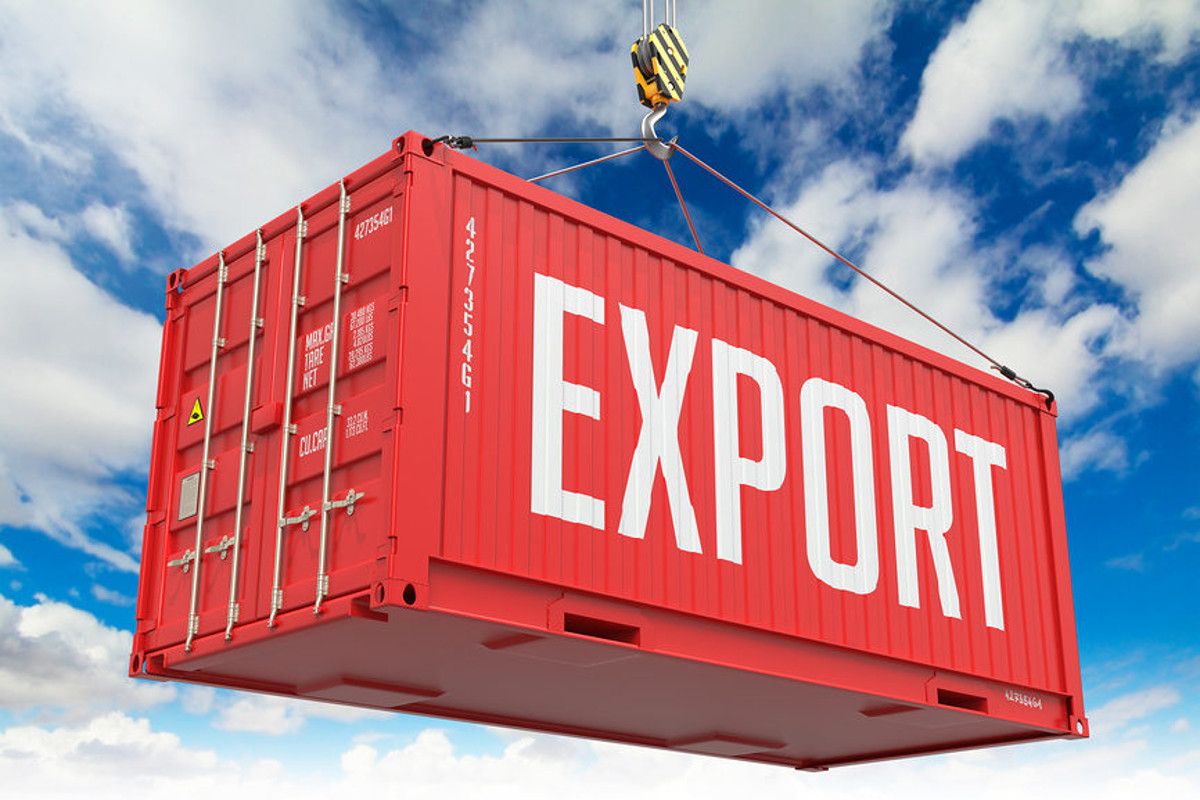Oppotunities
How to export goods to Nigeria from UK, US and Canada

Exporting goods to Nigeria from the UK, US, and Canada involves several steps and considerations to ensure a smooth and successful process. Here is a general guide on how to export to Nigeria:
-
Market Research: Conduct thorough market research to understand the demand for your products in Nigeria. Identify potential competitors and determine if there is a market for your goods.
-
Identify Export Regulations: Familiarize yourself with Nigeria’s import regulations, tariffs, and customs requirements. Each country has specific rules and restrictions on the importation of goods, so ensure you comply with all applicable laws.
-
Choose a Shipping Method: Select a reliable shipping method to transport your goods to Nigeria. This can be through air freight, sea freight, or courier services, depending on the size and urgency of your shipments.
-
Find Local Partners: Consider partnering with local distributors or agents in Nigeria who can assist with customs clearance, distribution, and marketing of your products.
-
Obtain Necessary Documents: Prepare all required export documentation, including commercial invoices, packing lists, certificates of origin, and any specific certificates or permits required for your products.
-
Ensure Proper Packaging: Pack your goods securely to prevent damage during transit. Label the packages with clear shipping information, including the recipient’s address and contact details.
-
Comply with Labeling and Standards: Ensure that your products comply with Nigerian labeling and safety standards. Check if any specific labeling requirements exist for your goods.
-
Calculate Duties and Taxes: Determine the applicable import duties, taxes, and customs fees for your products. These costs will be borne by the importer in Nigeria and may impact your pricing strategy.
-
Choose a Freight Forwarder or Customs Broker: Consider working with a freight forwarder or customs broker experienced in exporting to Nigeria. They can handle documentation, customs clearance, and logistics, making the process more streamlined.
-
Track and Monitor Shipments: Stay informed about the status of your shipments and monitor their progress until they reach their destination in Nigeria.
-
Payment and Currency Considerations: Decide on payment terms with your Nigerian importer. Consider using secure and internationally accepted payment methods to minimize financial risks.
-
Obtain Insurance: Consider purchasing international cargo insurance to protect your goods against loss or damage during transit.
Before you begin exporting, it’s advisable to consult with trade experts, export assistance organizations, or legal professionals who can provide valuable guidance and insights into the export process. Additionally, always stay up-to-date with changes in import regulations and requirements in Nigeria to ensure a successful export experience.



















